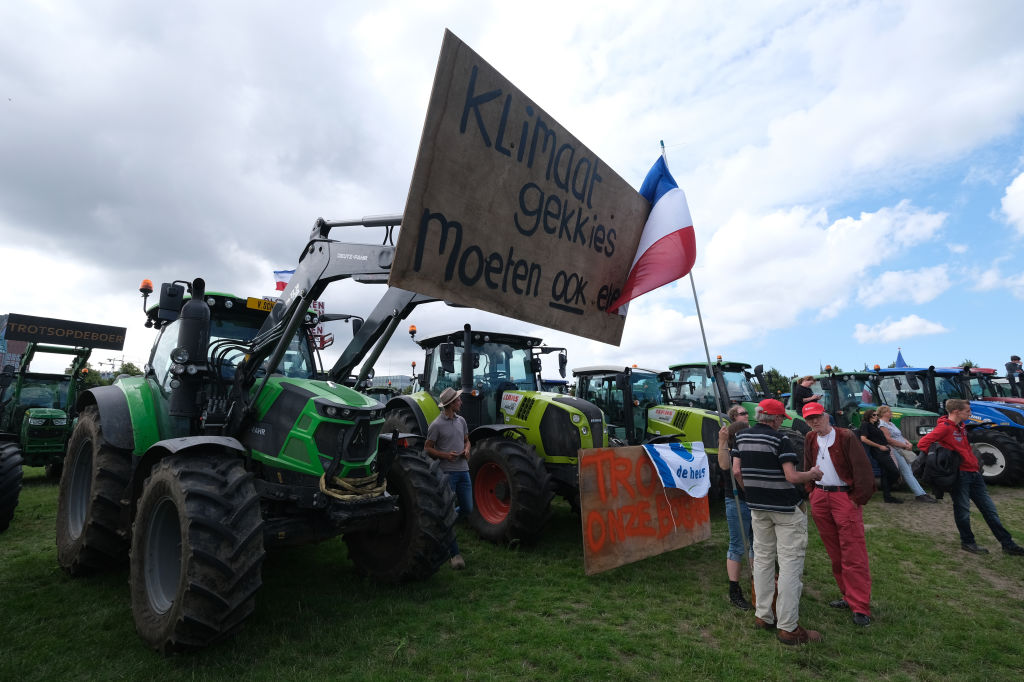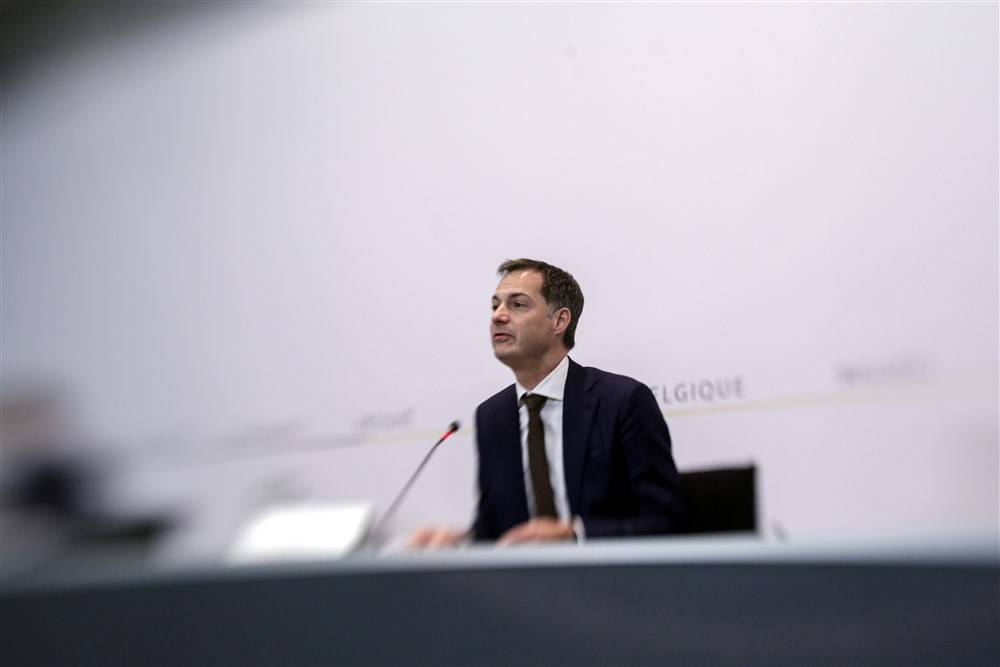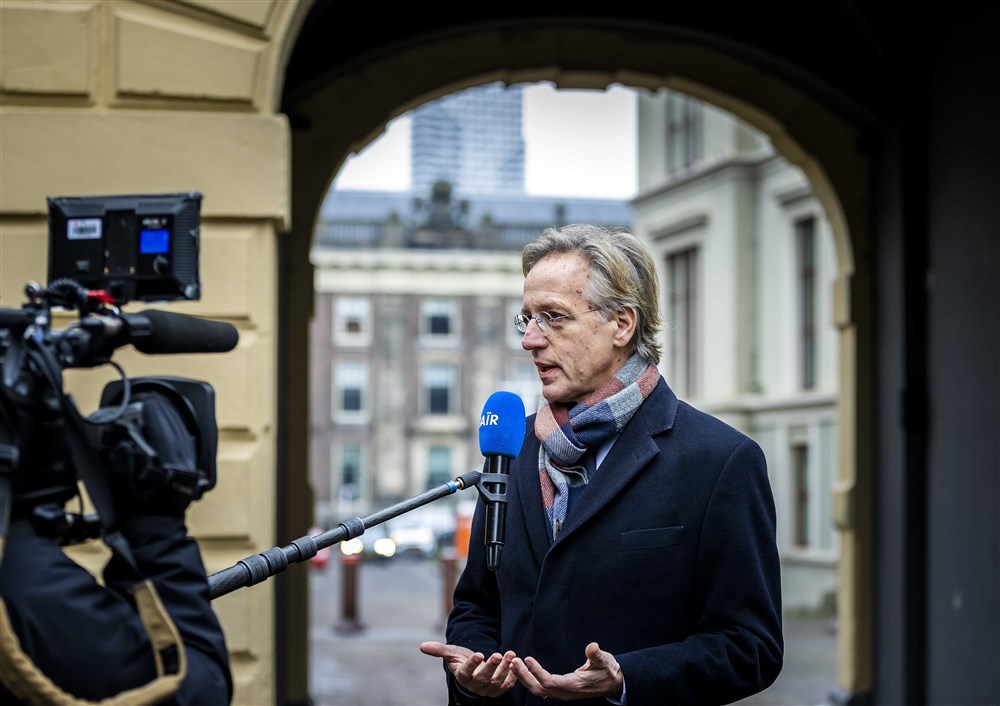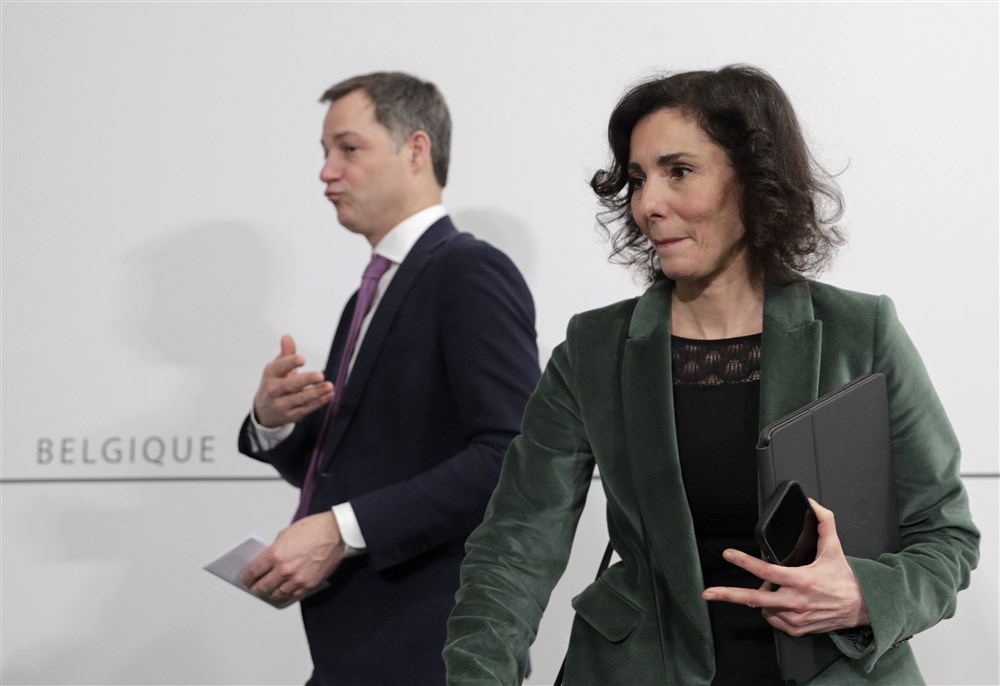The Dutch Government is suffering a major crisis and might even collapse, some say, with Prime Minister Marc Rutte on a collision course with his left-wing coalition partners regarding the sensitive issue of family reunions for asylum-seekers.
The centre-Right Rutte is said to be pushing the government towards disintegration after months of deliberations regarding migration have led nowhere. Now he is promoting solutions that seem deliberately indigestible to his coalition partners.
Rutte and his People’s Party for Freedom and Democracy (VVD) want to introduce a distinction between asylum-seekers under personal threat, for example, because of their sexuality or religion, and those fleeing war. For relatives of refugees in the latter category, he said it should be made more difficult for them to relocate to the Netherlands.
The VVD reportedly wants a maximum monthly quota of 200 family-reunification applicants from that category and a waiting period of two years before they can come to the country. That is far removed from the current number of applications – in May, for example, some 1,440 individuals filed a family reunification request.
The proposed changes are reportedly unacceptable for the Christian Union, the smallest party in the ruling coalition. The Left-liberal party D66 is also opposed and some accuse Rutte of knowing full well that his suggestions are not acceptable to his government partners.
The two opposing parties claim they have already compromised on other aspects and had been close to a general agreement on the matter.
The Left-wing parties had accepted a series of measures, including a cut in legal assistance to asylum-seekers making doomed-to-fail applications. No temporary residence permit would automatically become permanent in future, it had been agreed. In addition, measures would be taken to prevent unaccompanied minor asylum-seekers being sent ahead in large numbers to subsequently enable their families to join them.
There was also an agreement on a new detention centre and sparser shelters for asylum-seekers likely to be rejected, for example if they came from a country regarded as safe.
On the other hand, giving in to Left-wing demands, Rutte agreed to softer rules on labour migration and more leniency towards religious converts and asylum-seekers who claim to be from LGBTQAI+ minority groups.
Rumours are circulating that Rutte simply wants to “blow up” the government, with his coalition partners calling his actions “unexplainable” and “reckless”.
Insiders say the government can only continue to exist if Rutte pulls back on his demands. Still, even if he does, “the negotiations are damaged”, sources in The Hague told Dutch media.
However, the seemingly hard-headed standpoint is highly unusual for Rutte, who is known for his political flexibility. July 6 was the last day before the House of Representatives goes on a summer break, which makes the timing of the what has led to the current crisis look remarkable to many.
The current government is not popular and is deemed too Left-wing and ‘green’ by the majority of the population, according to national polls and some local election results.
Rutte’s actions are seen by some as a power play by the Prime Minister, showing he wants to shift to the Right. The centre-Right Farmers Citizen Party recently became the most popular force in Dutch politics.
Besides the situation in his own country and growing support for the Right, the winds have changed across wider Europe as well, with a string of victories for Conservatives and migration sceptics.
Rutte was highly visible when he, together with Italian PM Meloni and European Union Commission President Ursula von der Leyen, visited Tunisia recently to seal a deal on migration.
That agreement looks set to be a blueprint for the EU and other Mediterranean countries and its aim is to quell the mass migration towards Europe that is causing discontent across the continent.





